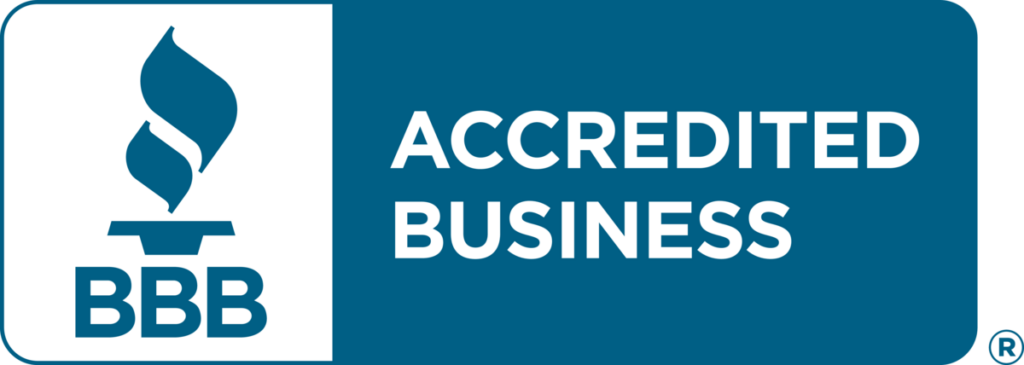Fund Your Project
We are your trusted partner in real estate investing. With local market expertise and a streamlined loan process, we support you throughout your investment journey to ensure smooth project completion.
Selling your home to a reputable direct buyer, such as Flip & Hold, offers you multiple selling options for your property, providing you with peace of mind throughout the process.
About Flip & Hold
We make real estate easy in New England, and are here to help you navigate the market like pros, thanks to our excellent local know-how. We’ve got a super smooth loan process to make your whole experience with us, made easy.
We understand that every investor has unique needs, which is why we offer a variety of selling options tailored to your specific goals. Our mission goes beyond simply closing deals; we strive to provide you with peace of mind, knowing that your investments are in capable hands. If you want to grow your wealth effortlessly, we have excellent passive investment opportunities that offer safe and steady double-digit returns. We are committed to being clear and reliable, with a deep understanding of the New England real estate market, so you can make informed decisions and achieve your financial goals.
Fund Your Project
We are a local, Direct Hard Money Lender servicing the New England Real Estate Markets. We are committed to providing aggressive terms and exceptional service to our borrowers. Being local investors ourselves, we understand the marketplace, which helps our borrowers save both time and money – and we make it easy.
Get a Fast Cash Offer
We are a local, full-service real estate brokerage and cash home buying firm serving the New England Real Estate Markets. We are committed to providing exceptional service to all of our clients. Being local, we understand the changing marketplace, and that will help our clients save both time and money. Whether you are interested in a traditional listing service or a no-contingencies fast-cash offer on your home, we’re here to help make it easy.
Passive Investment
Start passive investment with Flip and Hold’s loan fund. Be in the first position of low-risk real estate loans and earn safe, double-digit returns. Sit back, relax, and let us send you monthly checks!
Discover the numerous benefits of passive investment in Flip & Hold’s loan fund without any risk of defaults. Contact us today to learn how you can enjoy double-digit returns through passive investing with minimal effort and made easy.
Recent Posts
Topics for Real Estate Investors
- Why Passive Investing with Flip & Hold’s Real Estate Loan Fund is a Smart MoveIf you’ve ever thought about investing in real estate but hesitated because of the headaches that come with owning property, you’re not alone. From dealing … Continued
- Buying Occupied Properties: Opportunities, Risks, and Hard-Learned LessonsLately, I’ve been getting a lot of questions about occupied properties — specifically, whether we fundthem and whether we recommend buying them. The short answer: … Continued
- Happy Flip & Hold Friday – FLIP TAKEOVER Finale: “Staged.Styled.Listed.”Speaker 1: All right, what’s up everybody? Happy Flip & Hold funding Friday. Flip & Hold Funding Realty Solutions, Chris Gallo. We are here at the Flip takeover in Millis. If any parents are watching this, you know when you have one kid who was in the last video, then the other kid wants to…
Stay Connected
Sign up to receive updates from Flip and Hold.


